The University of Oklahoma’s decision Tuesday to expel two students who played “a leadership role” in singing a racist chant that went viral after it was caught on video may assuage critics. But civil liberties experts say it could also be unconstitutional.
“The impulse to expel is understandable, but the decision is on constitutionally questionable ground,” said Ken Paulson, the President of the First Amendment Center and Dean of the College of Mass Communication at Middle Tennessee State University. “A public university is subject to the free speech guarantees of the First Amendment and may not punish students because they hold offensive views.”
The University of Oklahoma did not respond to multiple requests for comment Tuesday on the potential legal implications of its decision.
The video, posted online by the OU black student group Unheard, showed Sigma Alpha Epsilon fraternity members on a bus singing a chant that included a racial epithet, described lynching, and was explicit that people of color would never be accepted into OU’s chapter of SAE. The national Sigma Alpha Epsilon fraternal organization took unusually swift action and closed the Oklahoma chapter almost as soon as the video appeared.
In a letter to the expelled students released by the university on Tuesday explaining the reason for their expulsion, University President David Boren faulted the students for creating a “hostile” environment. It seemed like a nod to Title VI of the Civil Rights Act, which prohibits educational institutions that receive federal funds from allowing a “hostile” environment on the basis of race to persist.
“You will be expelled because of your leadership role in leading a racist and exclusionary chant which has created a hostile educational environment for others,” Boren wrote. “If you disagree with this decision you have the right to contact the university Equal Opportunity Officer to be heard by close of business Friday, March 13, 2015.”
The letter advised the students that they could be represented by legal counsel.
“It appears the university is trying to recast free speech as conduct, characterizing it as creating a hostile educational environment,” Paulson said. “If that’s upheld, any politically incorrect statement made on campus and amplified by social media could be punished.”
MORE Racist Video Not the First Scandal for Troubled Fraternity
Private institutions like private colleges or the national Sigma Alpha Epsilon fraternity have wide leeway to discipline or expel students for racist speech if it violates their codes of conduct. But the University of Oklahoma is a public research university, and civil liberties groups say it should be treated as an arm of the government.
The Foundation for Individual Rights in Education, a nonprofit organization that focuses on civil liberties in academia set out the difference in a statement: “As a private organization, the SAE national fraternity is free to punish the chapter, as it has done. Other citizens and groups are free to refuse to associate with the fraternity members based on their expression, and students, faculty, and administrators may of course condemn it. If the expression itself is evidence of other unlawful activity, such activity may be investigated. But the Supreme Court of the United States has ruled time and time again that government institutions like the University of Oklahoma may not punish people for expression protected by the First Amendment.”
The video and Oklahoma’s response are part and parcel of a tension between freedom of speech and hostile educational environments that has been mounting in higher education for several months. Last spring, students at Smith, Rutgers and Brandeis succeeded in driving away graduation speakers who had held views students found offensive.
What Sigma Alpha Epsilon Looked Like 70 Years Ago
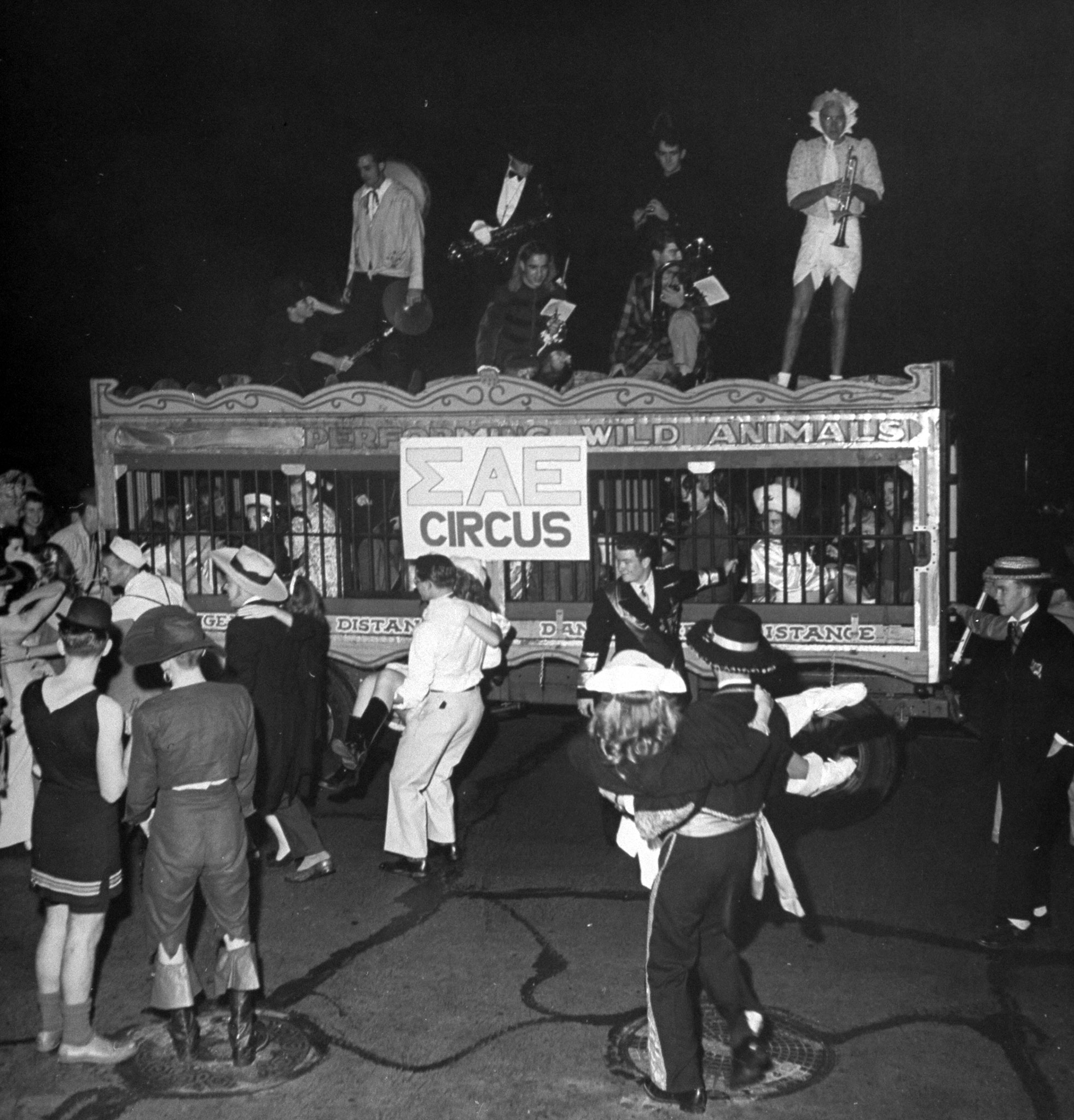
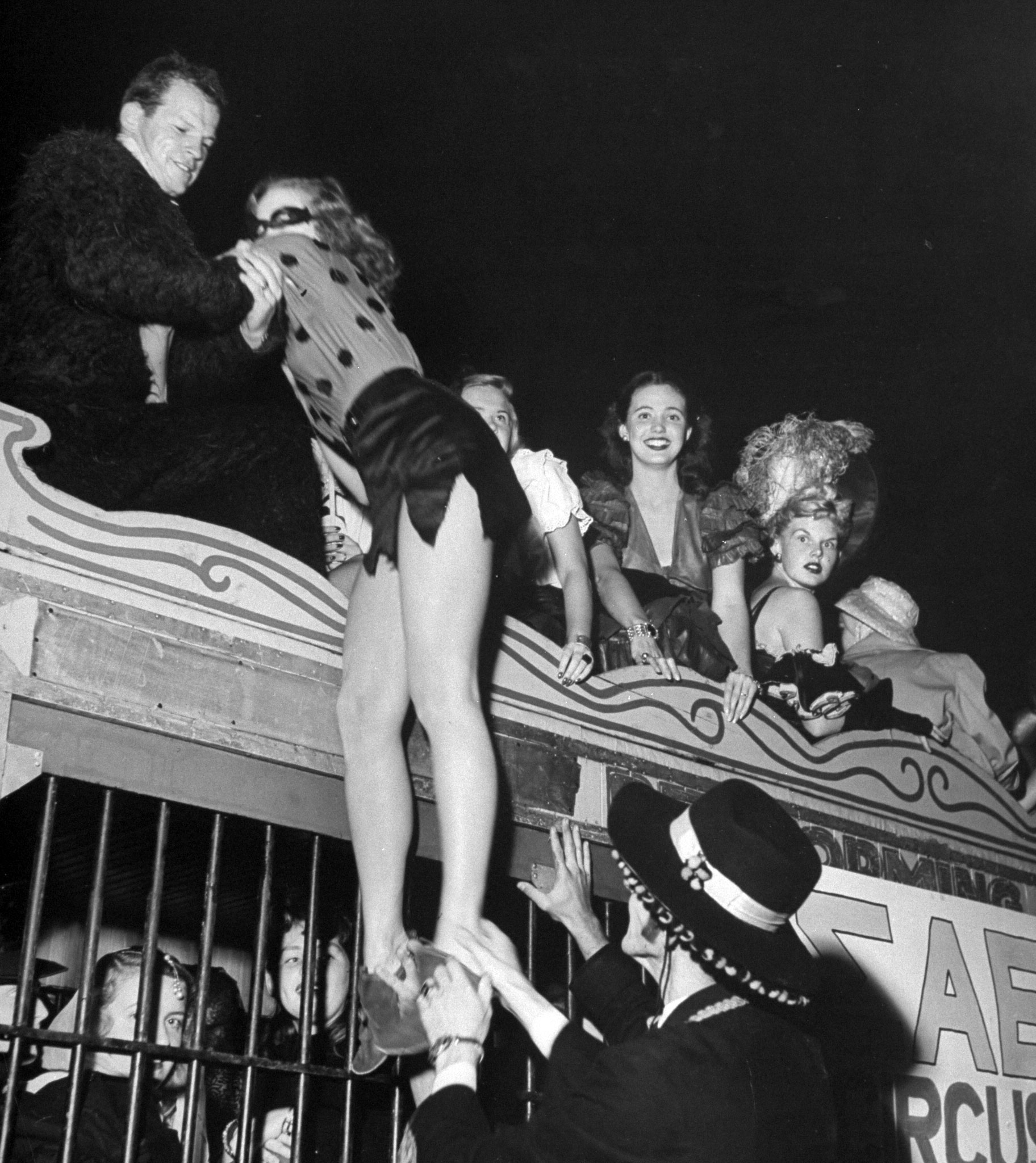

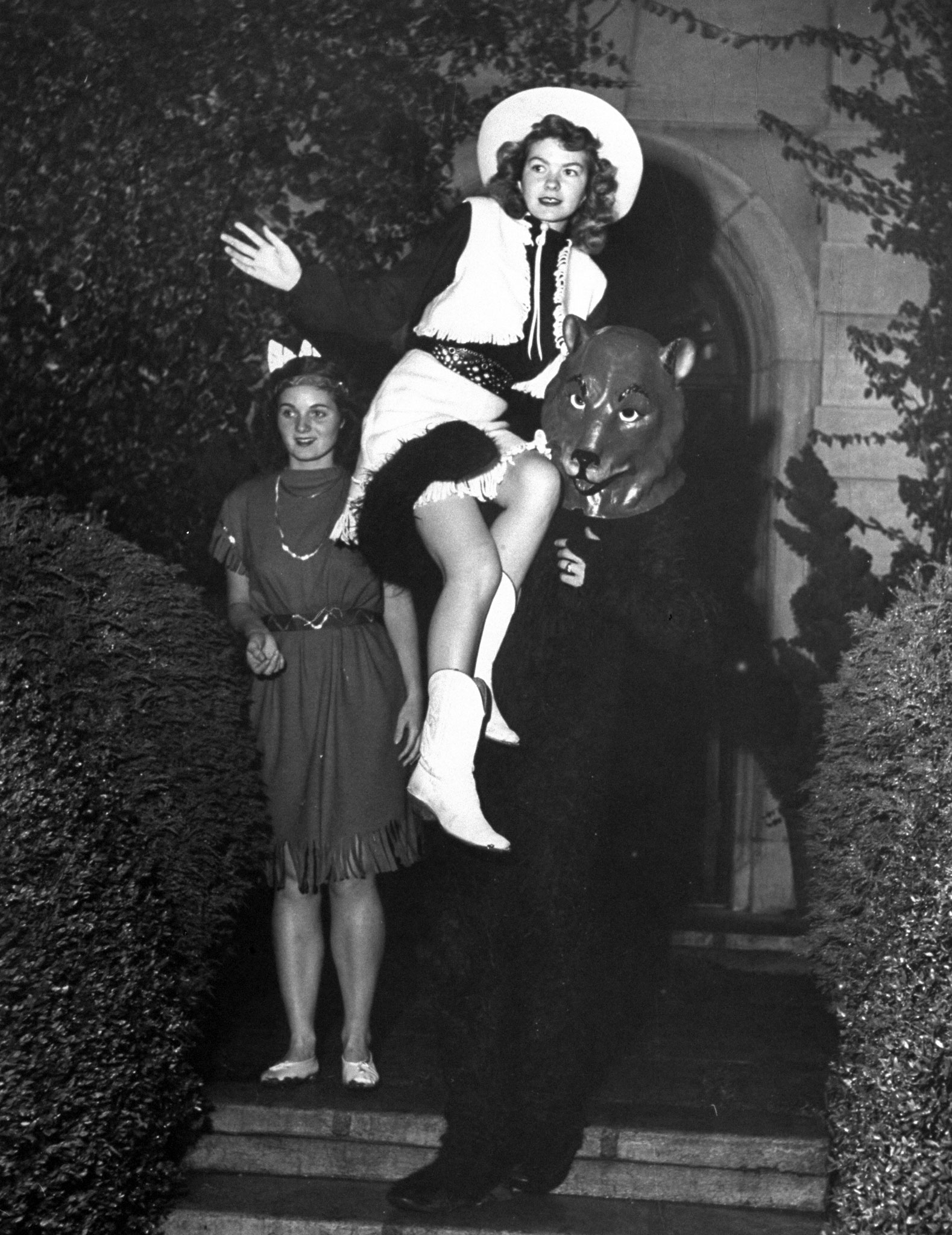

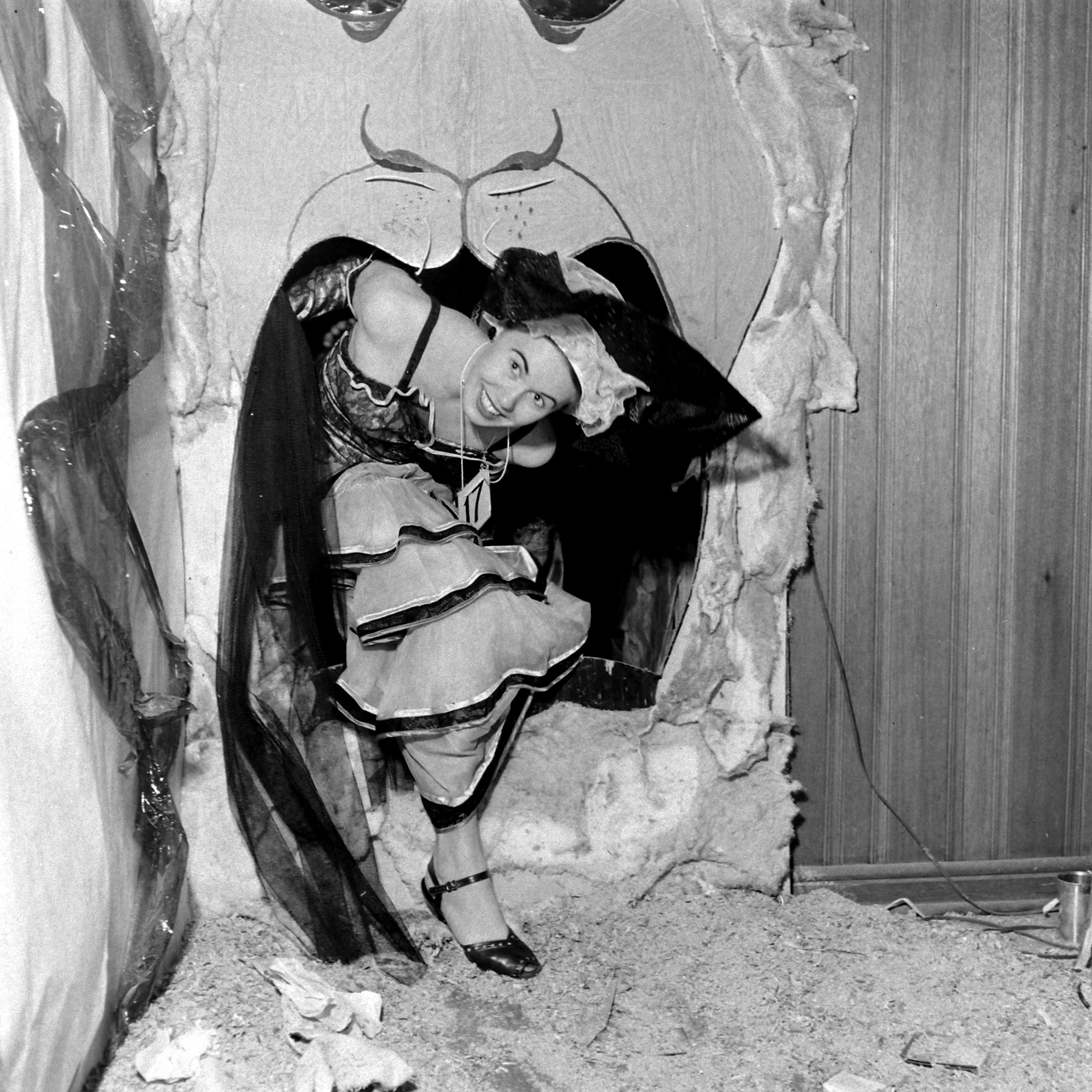
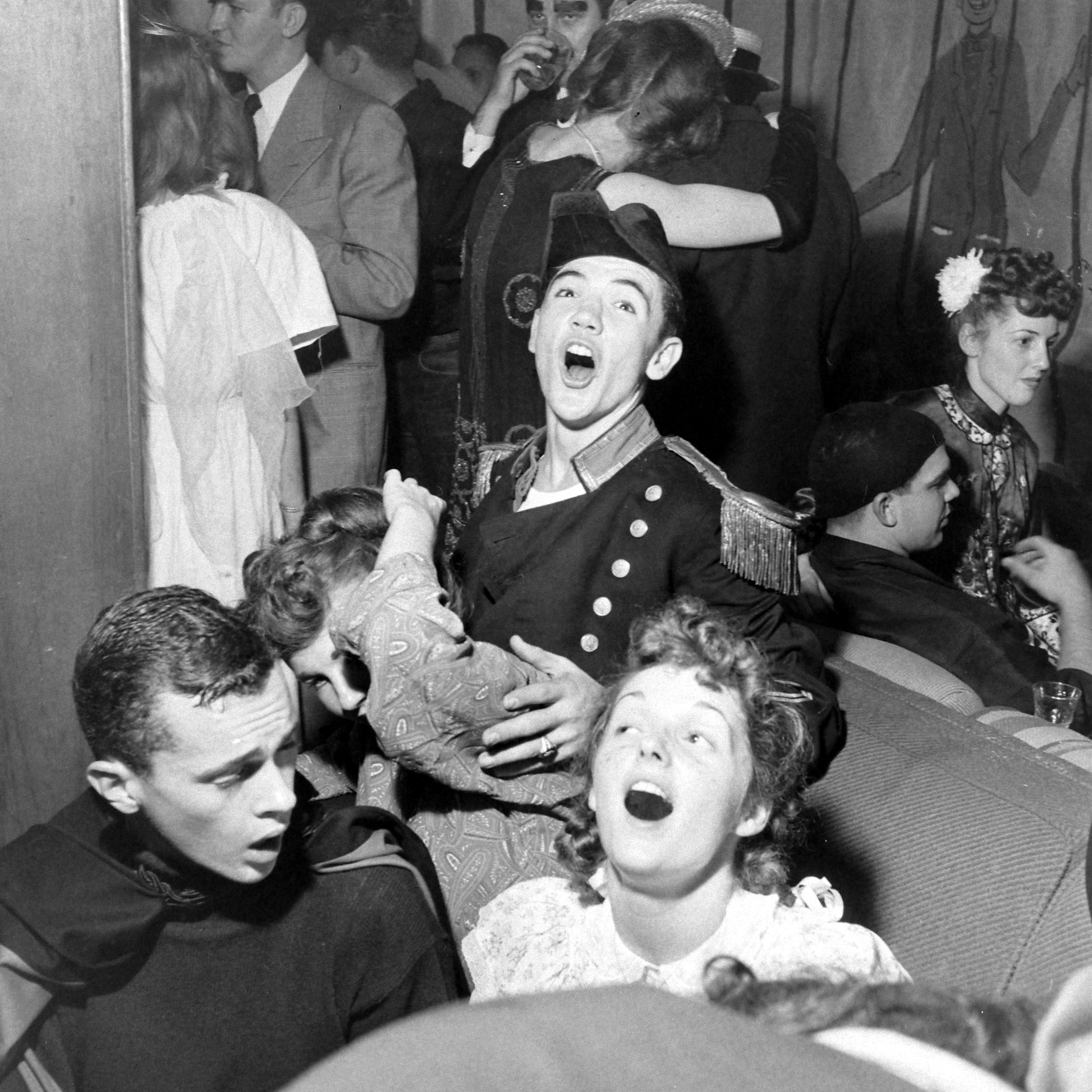
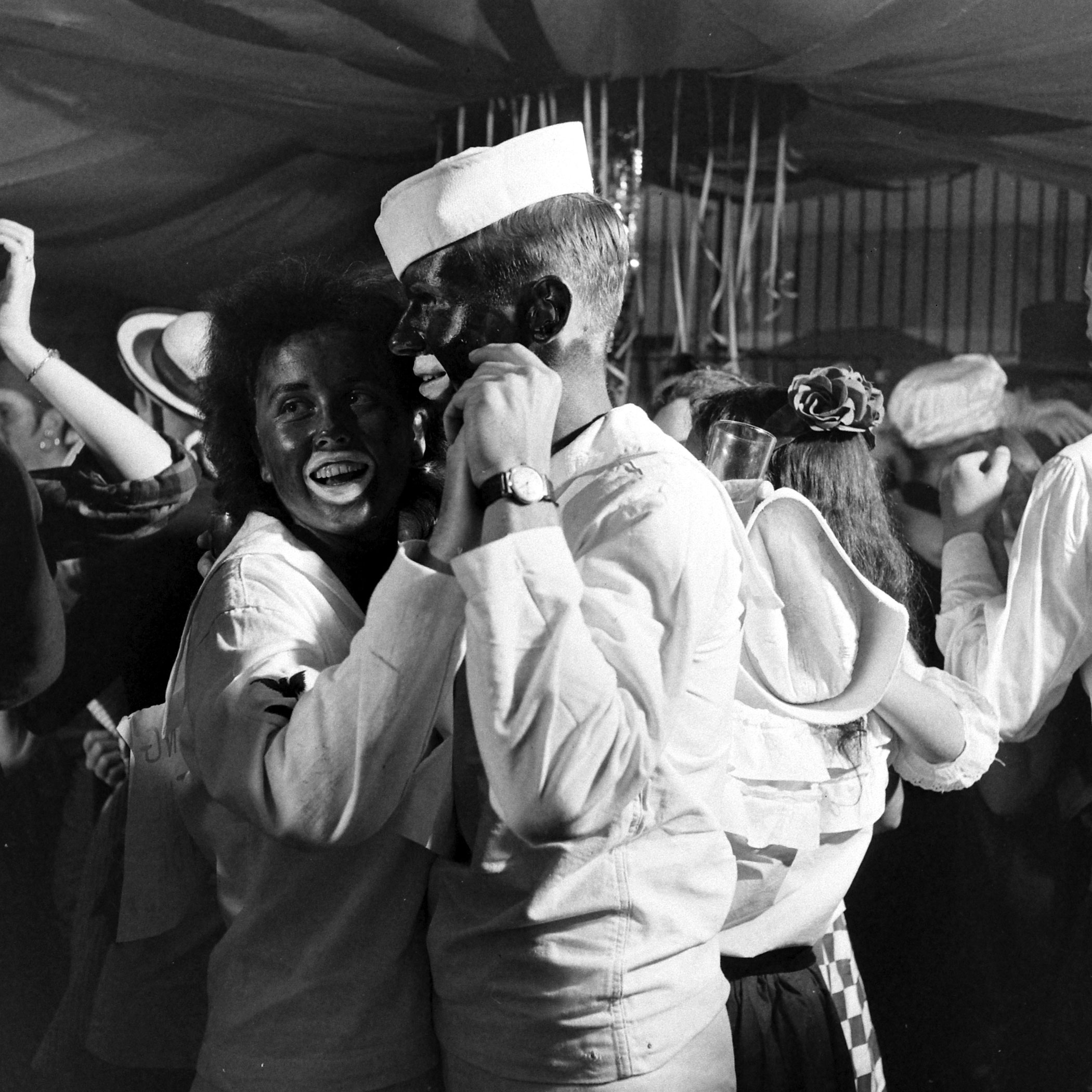
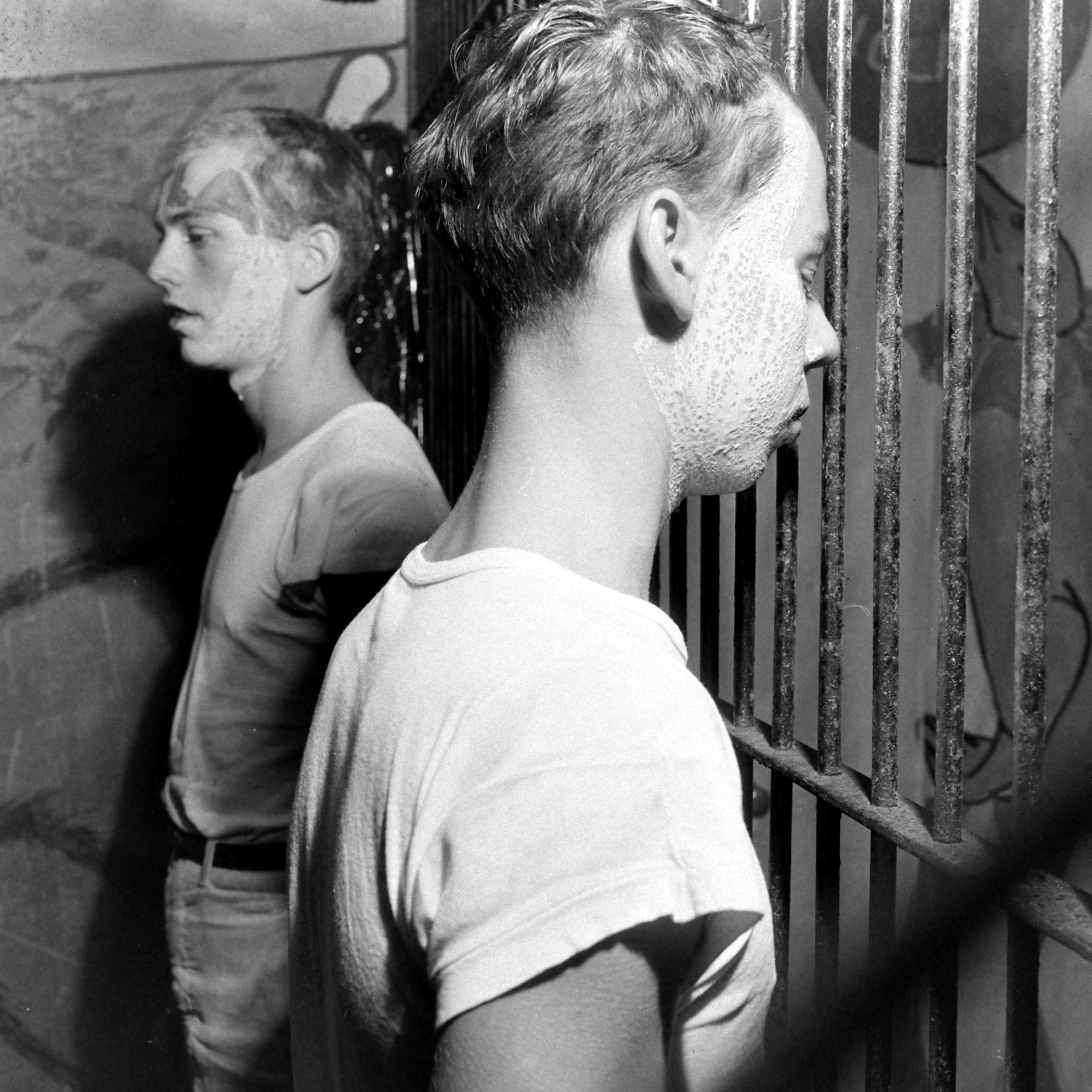
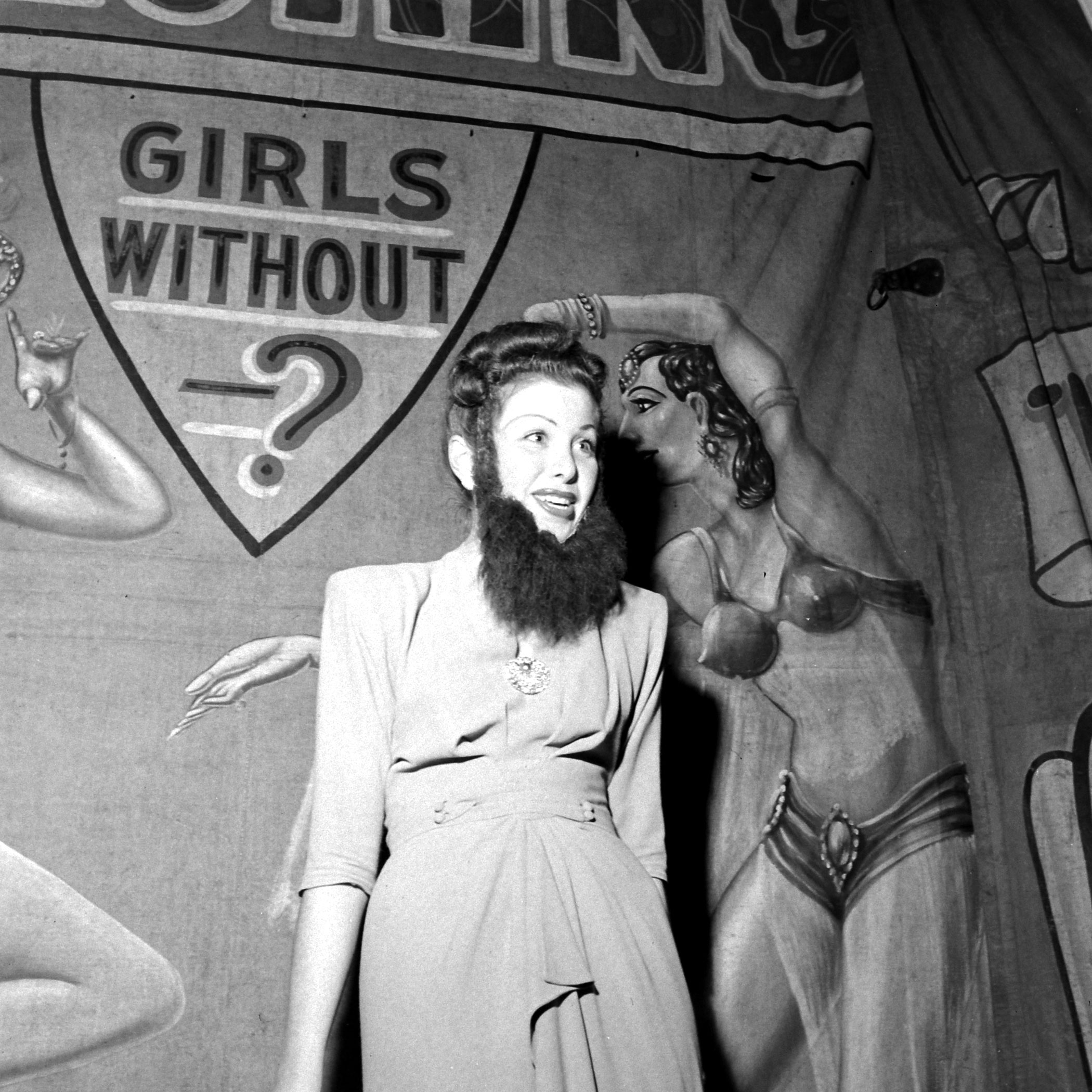

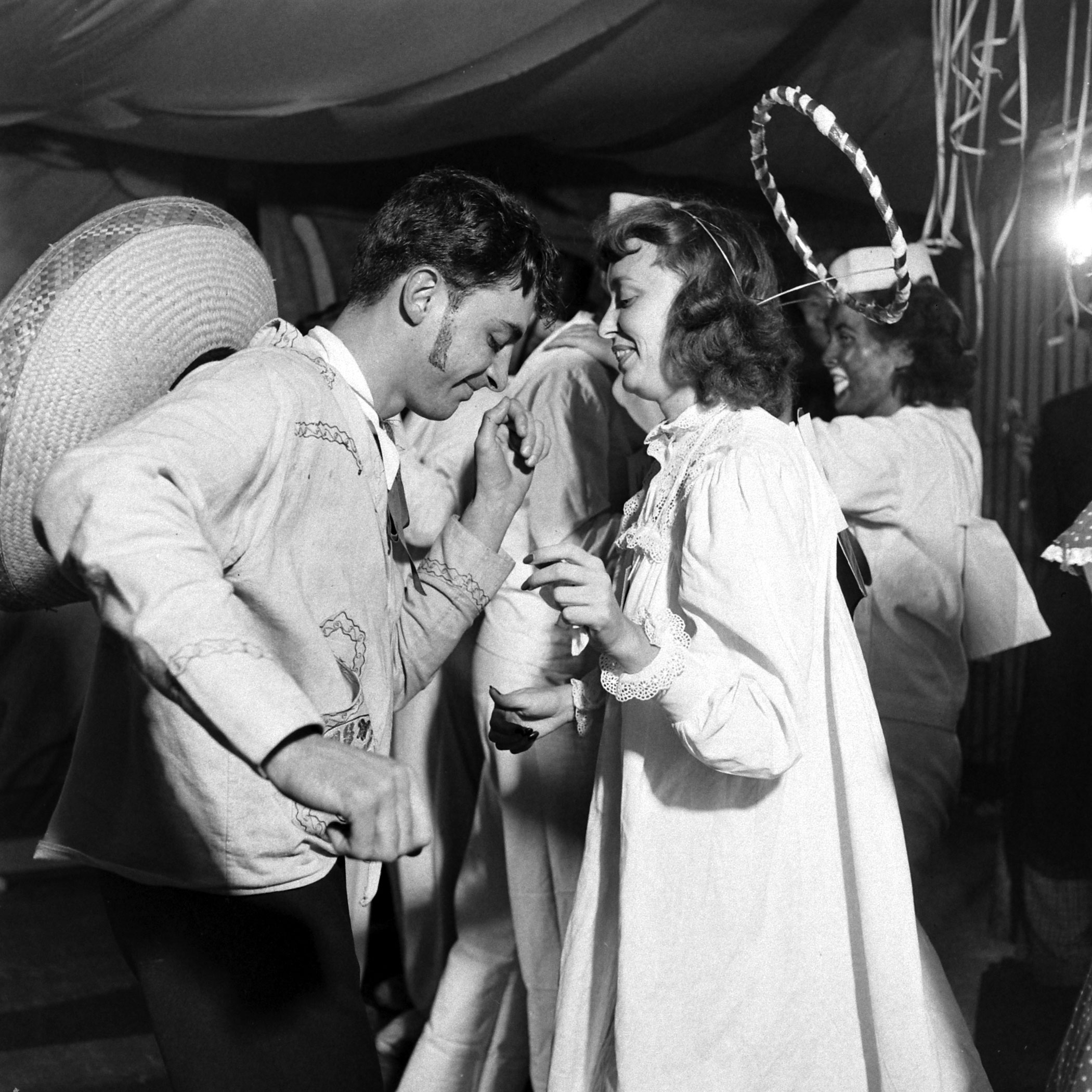


The university’s Student Rights and Responsibilities Code’s section on “abusive conduct” describes it as “unwelcome conduct that is sufficiently severe and pervasive that it alters the conditions of education or employment and creates an environment that a reasonable person would find intimidating, harassing or humiliating.” It also says “simple teasing, offhanded comments and isolated incidents (unless extremely serious) will not amount to abusive conduct,” though it doesn’t define “extremely serious.”
“Universities are one of the primary battlegrounds for learning about free speech and understanding how to combat bigotry,” Ryan Kiesel, the executive director of the American Civil Liberties Union in Oklahoma, said in a statement that neither condoned nor condemned the expulsion. “The best antidote to hateful speech is the exercise of peaceful speech in return.”
Read next: University of Oklahama President Condemns ‘Disgraceful’ Fraternity After Racist Video
More Must-Reads from TIME
- Donald Trump Is TIME's 2024 Person of the Year
- Why We Chose Trump as Person of the Year
- Is Intermittent Fasting Good or Bad for You?
- The 100 Must-Read Books of 2024
- The 20 Best Christmas TV Episodes
- Column: If Optimism Feels Ridiculous Now, Try Hope
- The Future of Climate Action Is Trade Policy
- Merle Bombardieri Is Helping People Make the Baby Decision
Contact us at letters@time.com